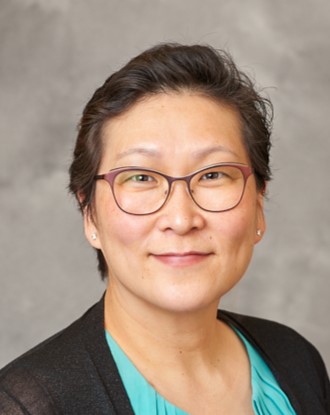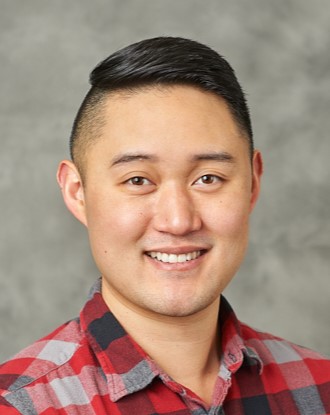Gastroenterology
Promoting a Healthy Digestive System
To schedule an appointment, please call 844.662.6566.
Gastroenterologists treat disorders of the digestive system. This system consumes food, absorbs nutrients and expels waste.
Our highly trained Gastroenterology team works closely with patients to help them achieve good nutrition and manage digestive issues so they can lead a productive life. Most of our specialists also completed additional training and are certified in the sub-specialty of hepatology, which focuses on the liver and pancreas.
Often, you’ll hear gastroenterology issues called “GI” disorders—which is short for gastrointestinal. The digestive system is about 30-feet long and includes the esophagus, stomach, small intestine, colon and rectum, pancreas, gallbladder, bile ducts and liver.
Common disorders include:
- Peptic ulcer disease
- Colon polyps
- Pancreatitis
- Gallbladder stones
- Gastroesophageal reflux, or GERD
- Functional bowel disorders—such as irritable bowel syndrome, inflammatory bowel disease, Crohn’s disease and ulcerative colitis
- Acute and chronic liver disease
- Hepatitis
- Cancers (colon, gastric, pancreatic and others)
Building on a wealth of experience, our Gastroenterology department offers a comprehensive approach to your care. They see patients at our Canyon Park, First Hill, Northgate, Renton and Totem Lake clinics
Our Gastroenterologists:
Dr. Broussard and Dr. Cheng were voted Top Doctors in 2024!
PacMed’s gastroenterologists are leading in quality
The adenoma detection rate (ADR) is the percentage of patients in whom doctors find at least one precancerous polyp (adenoma) during a colonoscopy. A higher ADR means the doctor is better at detecting these polyps, which helps prevent colorectal cancer.
The national benchmark for ADR is 25% and PacMed outperforms with an average ADR of 61%.
Patient Comments
“Dr. Brooling provided me with pre & post-op information. He answered all my questions with language I could understand. Very impressed with his knowledge and technique!”
“My experience with Dr. Broussard has been extremely positive. I am a long-time patient, and her professionalism and attention are exemplary. She is always very informative and explains everything in words I can understand.”
“The day of the procedure, I was extremely stressed due to a recent family death… the staff and Dr. Cheng were very understanding and sympathetic. Their understanding and support during procedure meant a lot to me.”
“The whole staff was friendly and professional. Their positive energy quickly put me at ease…thanks team!”
“This is the best healthcare place. Thanks for treating me right. You put all my worries at ease. Not scared anymore of doctors or hospital.”
“Absolutely amazed at how easy this colonoscopy was because of the coordination of the staff.”
Colon Cancer Screenings
Colon cancer is increasingly recognized as a major problem, particularly in women, where the vast majority of cases are going undetected. Colon cancer is the second leading cause of cancer-related deaths in the United States.
Our team works joins our primary care providers in encouraging patients to get regular colon cancer screenings. Early detection of colon cancer can prevent up to 90% of colorectal cancer deaths. The screening for gastric and colorectal cancer is either a sigmoidoscopy or a colonoscopy.
We understand that many patients may be reluctant to undergo these screenings. We strive to be sensitive and respectful of your concerns.






